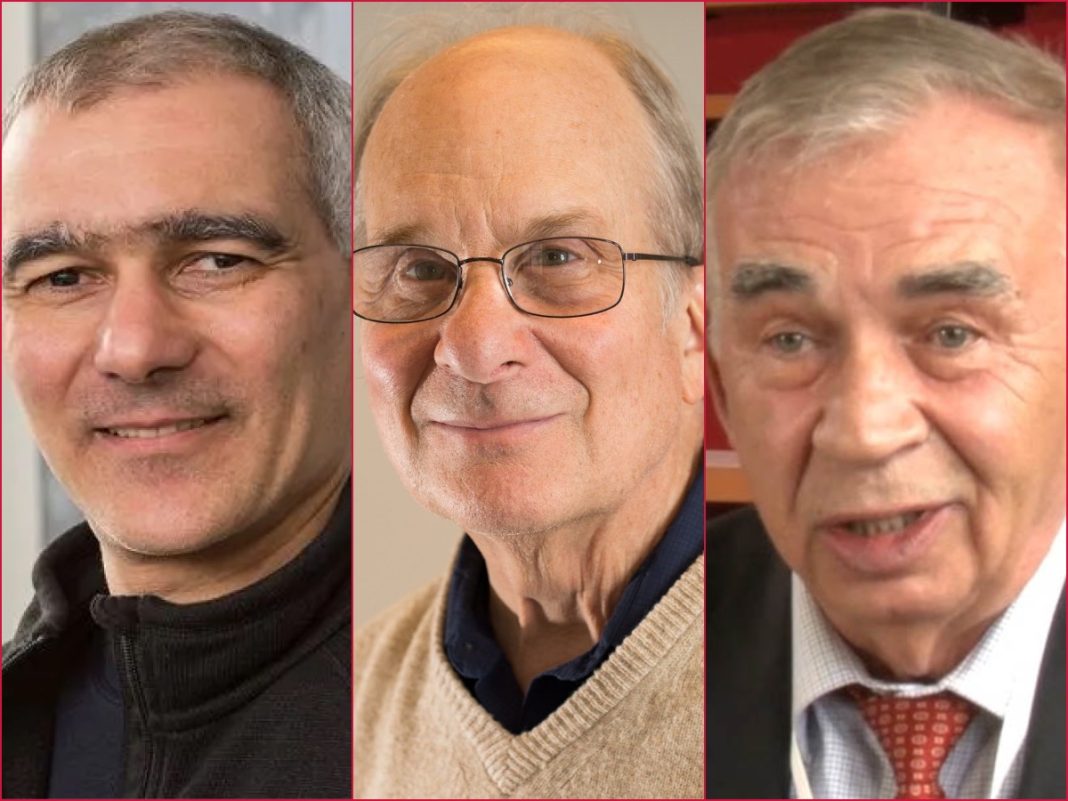STOCKHOLM, Sweden — The transformative potential of quantum dots, now ubiquitous in LED lights, TV screens, and even assisting surgeons in the removal of cancerous tissue, has been acknowledged with the 2023 Nobel Prize in Chemistry.
The esteemed honour has been awarded to scientists Moungi Bawendi, Louis Brus, and Alexei Ekimov for their groundbreaking work in this field.
The announcement came from the Nobel Committee for Chemistry on Wednesday, October 4, 2023 with Johan Aqvist, the committee chair, remarking, “For a long time, nobody thought you could ever actually make such small particles. But this year’s laureates succeeded.”
Tracing the journey of this innovation, the committee highlighted the pivotal moments that led to the present-day understanding and application of quantum dots.
In the 1980s, Ekimov initiated the pioneering work by introducing size-dependent quantum effects in colored glass.
The committee elaborated, “The colour came from nanoparticles of copper chloride and Ekimov demonstrated that the particle size affected the color of the glass via quantum effects.”
Following this, Louis Brus furthered the understanding by becoming the first scientist to demonstrate size-dependent quantum effects in particles that were freely floating in a liquid.
However, it was Bawendi’s work in 1993 that changed the trajectory of quantum dots. He innovated the chemical production process, leading to “almost perfect particles.” This leap in quality propelled quantum dots into various applications, heralding a new era of technology.
Of the laureates, Bawendi holds a professorship at the Massachusetts Institute of Technology, while Brus is a professor emeritus at Columbia University. Both are Americans. Meanwhile, the Russian scientist, Ekimov, is associated with Nanocrystals Technology Inc.
In an unexpected turn, the names of the laureates were mistakenly released a few hours before the official announcement.
Swedish newspaper Aftonbladet published details from an email, which they claim originated from the academy.
Aqvist responded to this premature release, stating to Reuters, “It is a mistake by the Royal Swedish Academy of Sciences. Our meeting starts at 0930 CET (0730 GMT) so no decision has been made yet.”
Despite this hiccup, the scientific community worldwide celebrates the achievements of Bawendi, Brus, and Ekimov, whose work continues to illuminate both screens and scientific frontiers.







